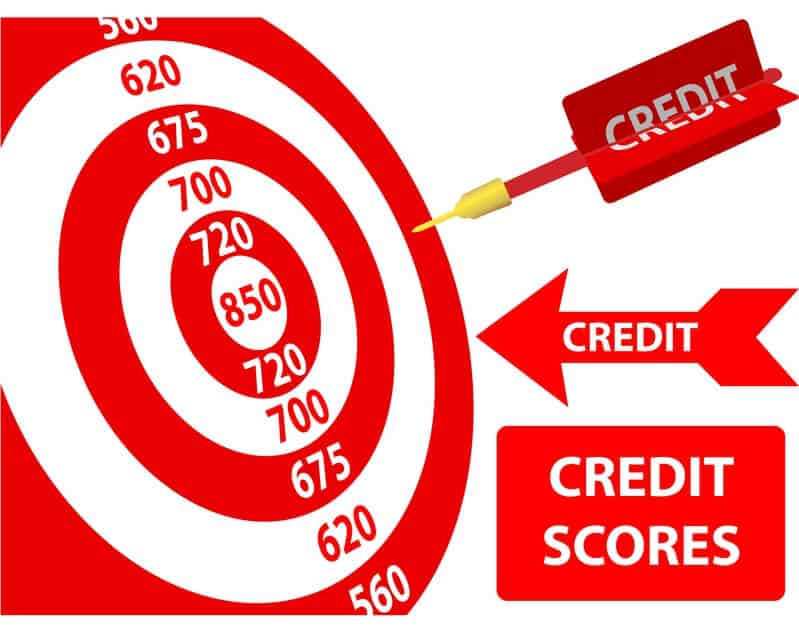
However, the discounts presented to them by retailers are often untruthful or misleading. 2022 - Sweep on Black Friday salesĮvery year, millions of European consumers shop online on Black Friday in search of good deals for the holiday season. The sweep also included the apps of 102 of the websites screened, 27 of which also deployed at least one of the three categories of dark patterns.Ĭonsumer protection authorities concluded that at least 37% of the checked websites potentially violate the Unfair Commercial Practices Directive due to the use of one of these three dark patterns.23 websites were hiding information with the aim of manipulating consumers into entering into a subscription For example, this included information related to delivery costs, the composition of products, or on the availability of a cheaper option. 70 websites were found to be hiding important information or making it less visible for consumers.54 websites directed consumers towards certain choices - from subscriptions to more expensive products or delivery options -, either through their visual design or choice of language.42 websites used fake countdown timers with deadlines to purchase specific products.Some findings of the screening of websites: Hidden information: hiding essential information on a product or service by using very small fonts, non-contrasting colours or placing information in a less visible place.ĬPC authorities found that 148 out of 399 web shops screened included one of the three categories of dark patterns.False hierarchy: design of interfaces in a way that directs consumers towards certain choices, either through visual design or language used.The timer is however fake when it resets after the expiry with the same offer still valid or it expires but the offer it claimed remains valid even after expiration. Fake countdown timers: dynamic indicator of a deadline urging and pressuring clients to purchase a product.

The authorities selected and searched for three categories of dark patterns: Under the coordination of the Commission, authorities of 23 Member States, Norway and Iceland checked 399 of websites and applications of retail sellers active in the sales of products for their own account. The CPC authorities decided to focus the 2022 sweep on dark patterns. The European Commission’s study assessed more instances of dark patterns and revealed that they are increasingly used by online traders. Manipulative practices called dark patterns are interfaces designed in a way that push consumers into making choices that may not be in their best interest. Sweeps were conducted in the following areas: websites selling air tickets (2007) ring tones for mobile phones (2008) electronic goods (2009) tickets for cultural and sports events (2010) consumer credit (2011) digital content (2012) travel services (2013) guarantees in consumer electronics (2014) Consumer Rights Directive 2011/83/EU (2015) comparison tools in the travel sector (2016) ( click to see sweeps older than 5 years) and telecommunication and other digital services (2017) price transparency and drip pricing (2018) Delivery and right of withdrawal (2019)(see here the charts) consumer scams related to the COVID-19 pandemic (2020) misleading sustainability claims (2020) consumer credit (2021) online consumer reviews (2021) car rental intermediaries (2022) Black Friday sales (2022) and dark patterns (2022). Sweeps are coordinated by the European Commission and carried out simultaneously by national enforcement authorities in participating countries.


screening websites to identify breaches of consumer law in a given online market.The sweeps operate in in a two-step action process, comprising of


 0 kommentar(er)
0 kommentar(er)
